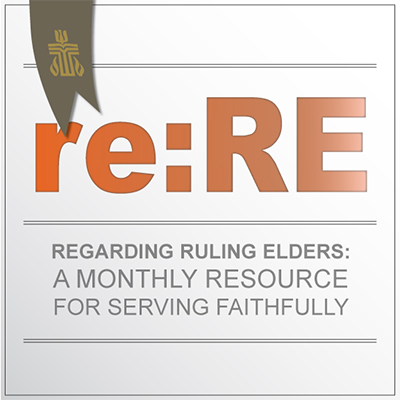The Presbyterian Church (U.S.A.) is known as a connectional church. In the PC(USA), being connectional reflects a distinctive feature of our governance and ecclesial identity. This concept is rooted in the shared life and mutual accountability across the various councils of the church — sessions, presbyteries, synods, and the General Assembly. This manifests itself in several ways:
Shared Power and Accountability
Decisions in the PC(USA) are not made independently by individuals or local congregations. Instead, councils exercise collective authority, with ruling and teaching elders deliberating together to discern and act on the will of Christ (Book of Order, F-3.0208).
Interdependence among Congregations
Each congregation is part of the broader church. Local churches are connected to and accountable to presbyteries, which relate through synods, which in turn are accountable to the General Assembly. This structure ensures that congregations do not act in isolation but within a supportive framework.
Partnership in Mission and Ministry
The connectional system supports congregations by pooling resources and providing guidance. Ministry is not done in isolation; instead, the connectional church invites collaboration not only with other churches but also with organizations that share similar values and goals.
Governance as Collective Discernment
Decision-making in Presbyterian polity involves prayerful consideration and group discussion. Leaders seek to reflect not individual preferences or factional interests but the collective will of Christ (F-3.0204).
Connectionalism in the PC(USA) means ministering within a structure that emphasizes mutual support, accountability, and shared governance, where members, congregations, and leaders actively participate in discerning and fulfilling God’s mission together. However, connectionalism cannot function unless people are willing to dedicate their time, energy, and selves to God’s mission.
Members of the Presbyterian Church (U.S.A.) are expected to participate in the governing responsibilities of the church. We are called to engage in decision-making, discernment, and leadership, both within the local church (through committees, ministries, and other mission efforts) and through the councils of the church: sessions, presbyteries, synods, and the General Assembly. Members exercise their responsibilities through elections of church leaders, deliberations, and participating in leadership themselves.
Ruling elder leadership involves being a spiritual encourager; equipping and inspiring members to see participation in church life as both a joyful opportunity and a meaningful calling. There is a special responsibility to recognize the gifts and talents of others, inviting them to contribute to the various facets of church life. Here are some ways this can be fulfilled:
- Build relationships: Take time to engage with individuals and invite them to take on roles or activities that align with their interests and gifts.
- Demonstrate shared responsibility: Help members understand that governance is not the sole responsibility of pastors or ruling elders. Participation on committees and at other decision-making events, such as congregational meetings, reflects their baptismal identity and is an essential part of Christian discipleship.
- Celebrate contributions: Acknowledge the work of individuals and committees in meetings, newsletters, or services. Positive reinforcement fosters momentum and encourages wider participation.
- Be present beyond meetings: Attend fellowship events, mission activities, and worship services. The involvement of ruling elders demonstrates that governance is connected to the whole life of the church.
- Cultivate new leaders: Make room for new, younger members and people from diverse ethnicities and backgrounds to take on leadership roles and express their ideas. Creating a culture that respects all contributions encourages participation.
- Mark spiritual milestones: Recognize events such as ordinations, commissioning, and significant congregational decisions as moments of spiritual celebration.
- Pray with others for discernment: When inviting someone to participate, offer to pray with them. This reinforces that involvement in governance is not just an obligation but a spiritual calling.
We are connected to God, to each other, to the church, and to the world.
For Reflection:
- How have you experienced the connectional nature of the church in your own life?
- How can participation in governance or church leadership be seen as a spiritual calling rather than an obligation?
- How can you as a ruling elder ensure that others feel welcome and valued in the decision-making processes of the church?
- How can your congregation improve its engagement with the broader structures of the PC(USA)?
Marissa Galván-Valle is a minister of Word and Sacrament in the Presbyterian Church (U.S.A.). She is the senior editor for Spanish Language Resources in the Presbyterian Publishing Corporation and temporary pastor at Beechmont Presbyterian Church, an intercultural church that worships each Sunday in Spanish and English. She was ordained as a ruling elder when she was 21 years old.
Throughout 2023 and 2024, monthly Regarding Ruling Elders articles will alternate between a deep dive into the ways ruling elders discern and measure the life of a congregation through the ministry of members and stories about how ruling elders are using their call and gifts as they move within and beyond the walls of the congregation.
Subscribe to receive notifications of monthly Regarding Ruling Elders articles. Visit the PC(USA) Leader Formation website for more resources for ruling elders and deacons. For more information, email Martha Miller, editor of Regarding Ruling Elders.

